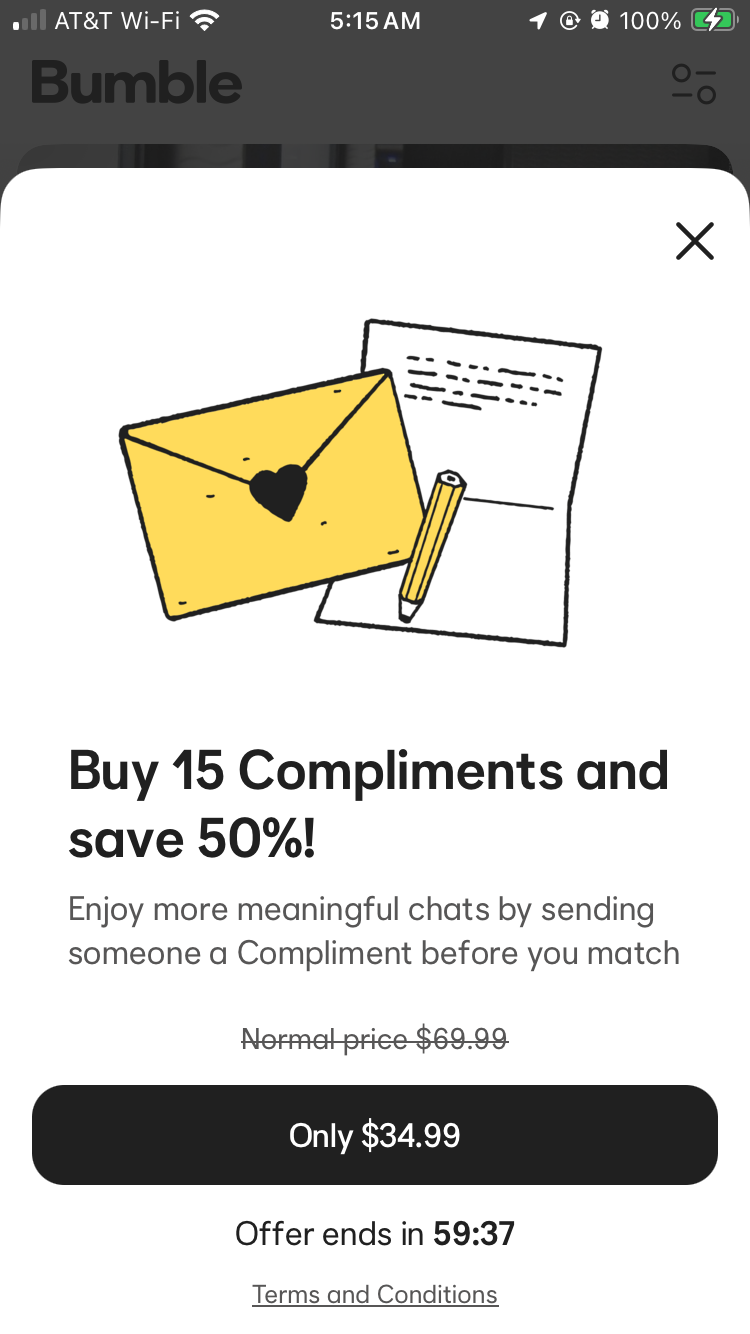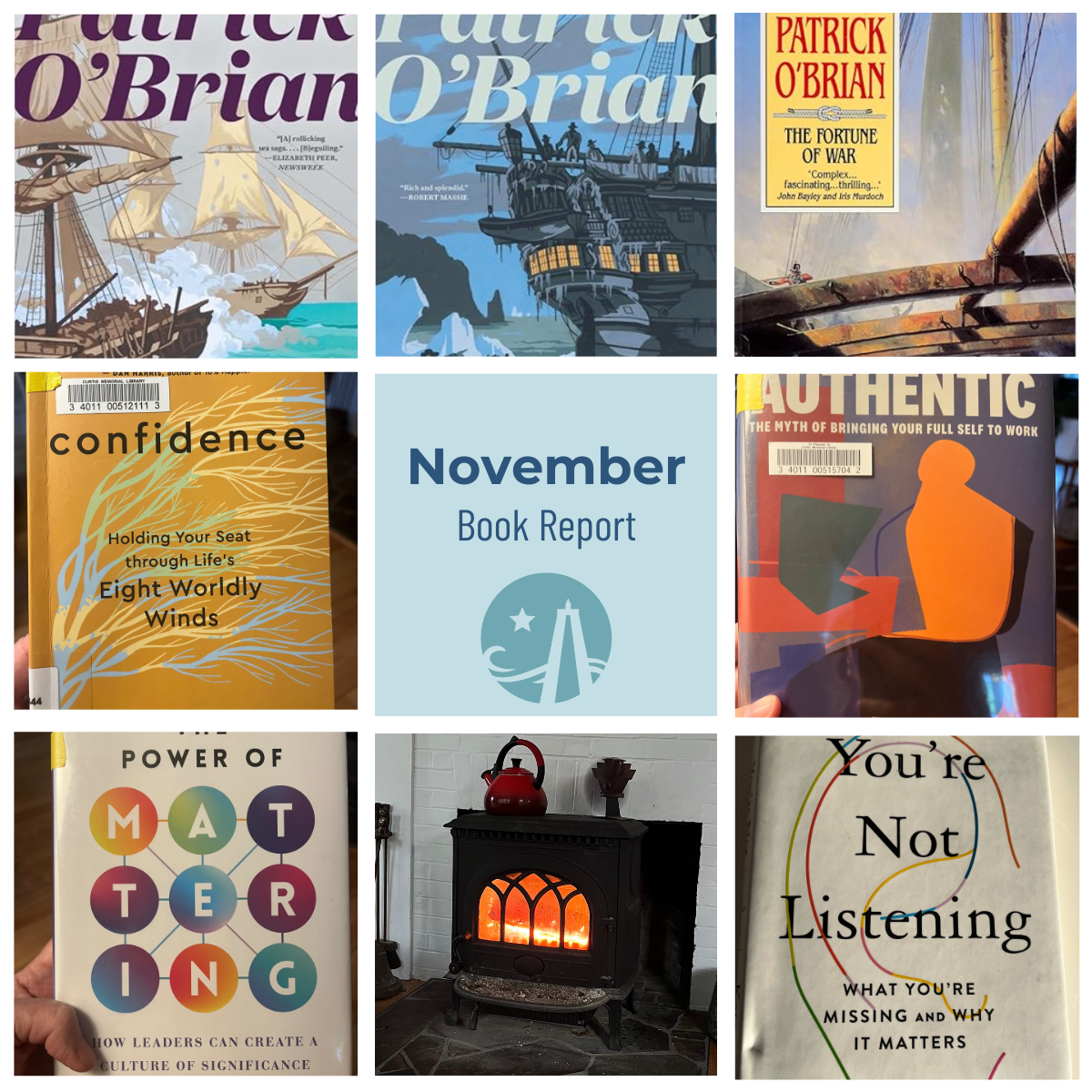An unexpected dilemma showed up on my calendar not very long ago, in the guise of a person reaching out to me for somewhat ambiguous reasons. It wasn’t a scammy stranger trying to sell me something; I think I’m ok recognizing those. It wasn’t a good friend seeking a bigger favor than I was able to give. I’ve largely figured out my boundaries and trust my instincts on that. This was unusual, and I needed to go through an internal moral inventory to figure out whether and how to respond to various scenarios that might come up based on my limited information about this person and what they might want from me.
It is one of my regrets that I didn’t take a philosophy class in college. I’ve tried, and failed so far, to read Neitzsche and Kant and the other Greatest Hits of the western canon on my own. Occasionally listening to the Philosophize This! podcast is as close as I’ve come to any sort of self-study. Professional Responsibility in law school touches on ethics, but it’s got a distinctive lens and has limited applicability to life outside the practice of law.
So I pulled out my old copy of How Good People Make Tough Choices. Early after college I lived in the town where Rush Kidder, the author, ran the Institute for Global Ethics, and I talked my way into one of their 5 day “Ethical Fitness” seminars. I got what felt to me like a very useful toolkit for recognizing true ethical dilemmas (as distinct from moral temptations, where you know what is wrong but it’s very tempting or easier to do it anyway).
This foundational training helped me identify what was activating my reluctance. Without being certain about the request that might come, I identified Truth vs. Loyalty and Justice vs. Mercy as two potential dilemmas. I went through a mental inventory of my own values; what am I certain about, what do I not know enough to have an opinion about, what am I open to hearing, what do I stand for.
One of the concepts in this book is that being ethically fit is like being physically fit. It’s not enough to go to the gym once and call yourself done, no matter how rigorous the workout. It’s a helpful toolkit if you, like me, don’t have a deep and thorough grounding in ethics and want to be ready to be authentic and grounded when something unexpectedly puts you in a place where you’re asked to make a decision.


